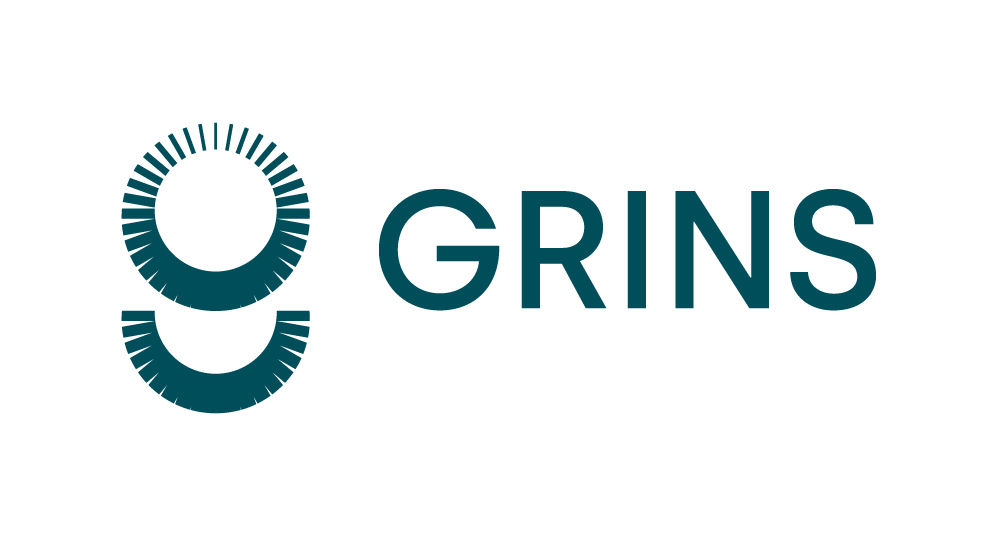International Business, Economic Geography, and Innovation (iBEGIN) Workshop
COMMITTEE
Organizing Committee
- Lucia Piscitello, Politecnico di Milano
- Cristina Di Stefano, Politecnico di Milano
- Marianna Marra, Politecnico di Milano
- Ram Mudambi, Temple University


CALL FOR PAPERS
SUBMISSION
Submission of extended abstracts or full papers deadline: February 1, 2025
Deadline extended: February 15, 2025
Submit extended abstracts or full papers to: ibeginsubmission2025-dig@polimi.it
Submission guidelines: extended abstracts (“SMS-style” submissions – 5-7 pages) or full papers
Please specify if the submission is of a PhD student.
Please specify if this is a submission for the Global Strategy Journal Special Issue Global Innovation in an Era of Disruptive Changes
Authors notified by: February 28, 2025
Saturday 10th May will host a PDW for the Global Strategy Journal Special Issue Global Innovation in an Era of Disruptive Changes – If interested please specify this in your submission.
PROGRAM
The iBEGIN 2025 Workshop will take place from May 8–10, 2025.
Day 1: May 8th, Thursday
13.00 – 14.00 Registration
14.00 – 15.00 Meet the Editor: Roger Strange International Business Review
15.00 – 15.15 Coffee break
15.15 – 16.45 Parallel Paper Sessions
Day 2: May 9th, Friday
9.30-10.00 Welcome Coffee
10.00 – 10.15 Institutional welcome: Raffaella Cagliano, Politecnico di Milano
10.15 – 11.15 Keynote: Suma Athreye, School of Public Policy, India Institute of Technology
11.15 – 12.45 Panel
12.45 – 14.00 Lunch
14.00 – 15.30 Meet the Editor Paul Nightingale Research Policy
15.30-15.45 Coffee break
15.45 – 17.15 Parallel Paper Sessions
Day 3: May 10th, Saturday
9.00 – 10.30 Meet the Editor: Stewart Miller Global Strategy Journal & PDW GSJ
10.30-10.45 Coffee break
10.45-12.00 Parallel Paper Sessions
Click here for the detailed program (information about rooms and parallel sessions).
FEE & REGISTRATION
If you wish to participate in the iBEGIN Workshop (as presenter or not), you have to register.
Regular Fee: €200
PhD Fee: €150
Registrations are closed.
CONTACTS
Lucia Piscitello
lucia.piscitello@polimi.it
Cristina Di Stefano
cristina.distefano@polimi.it
Marianna Marra
marianna.marra@polimi.it





